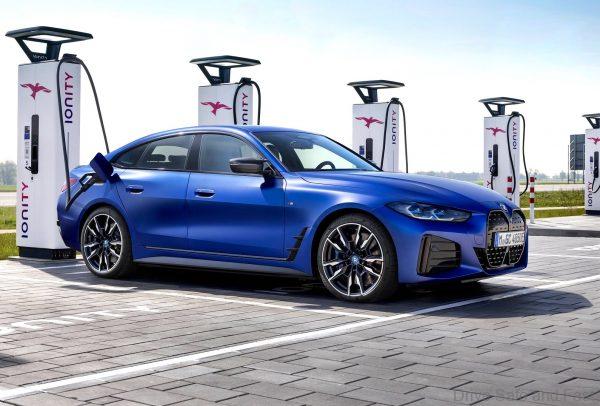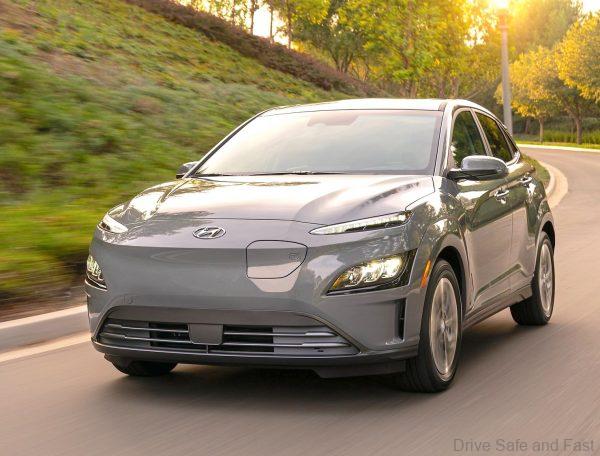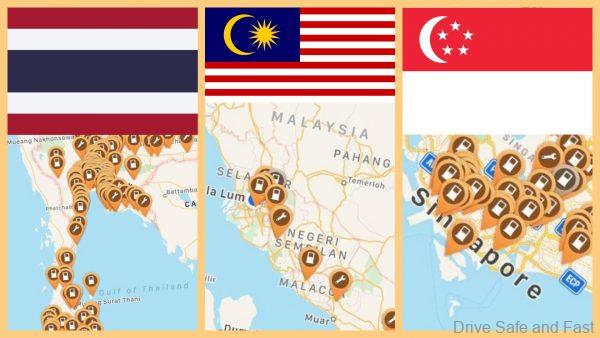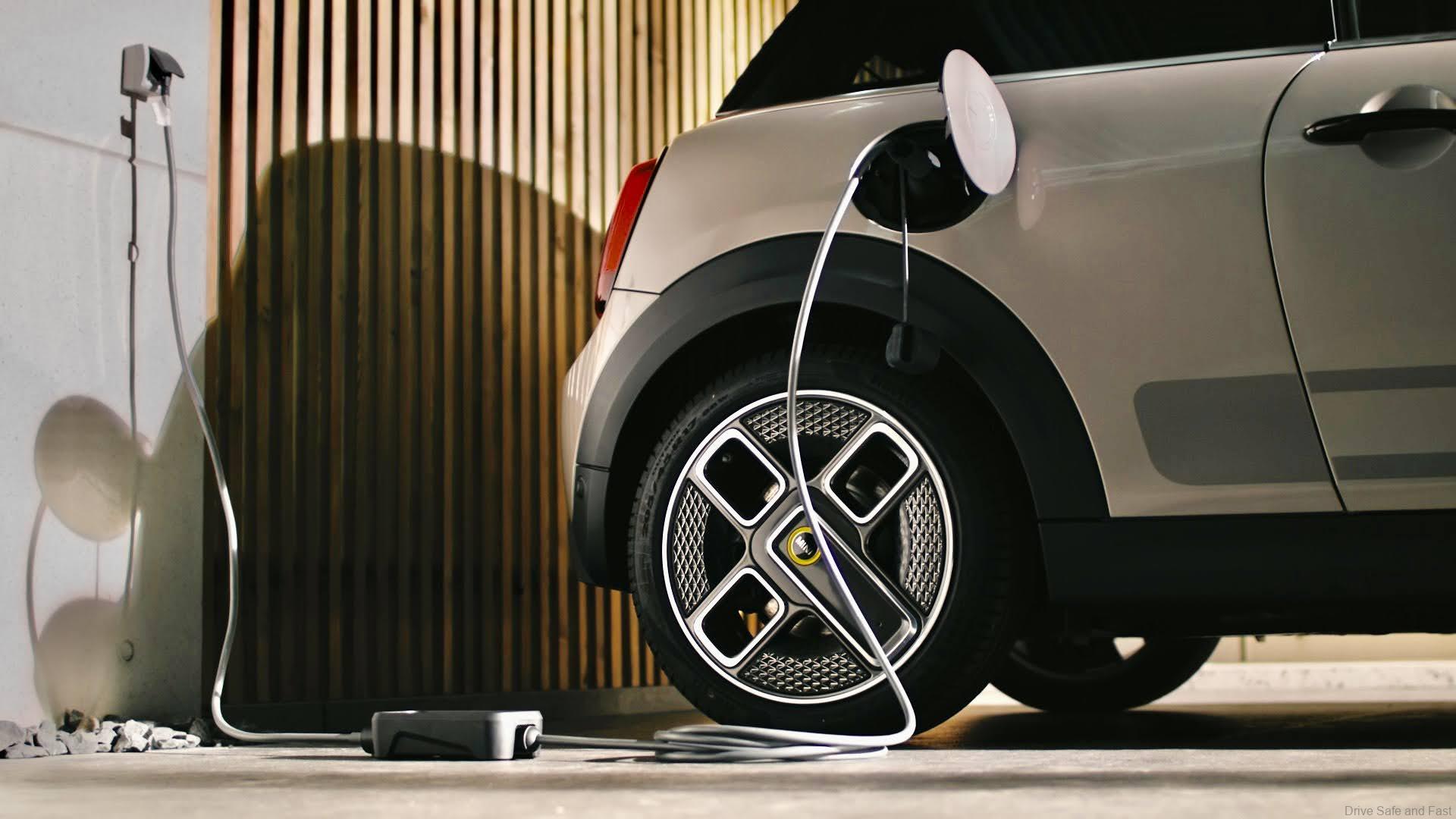Will we follow suit?
Thailand, along with Singapore and Indonesia, is already pretty far ahead of Malaysia in terms of electric vehicle adoption thanks to its EV-friendly incentives and well-planned charging infrastructure. And now, the country looks set to further widen the gap with its southern neighbour with its new EV plan.

Following in the footsteps of Europe, Thailand has announced that it will only sell zero-emission vehicles in the country from 2035. The bold move is part of its efforts to become the EV hub of the region.
Speaking in an interview, Kawin Thangsupanich, an adviser to Energy Ministry’s national policy committee said, “We can see the world is heading in that direction so we have to move quickly.”

“We want to capture that growth post-pandemic, and we have the ambition to be the production center because we already have the existing supply chains,” he added.
Under the new plan, Thailand also aims to have electric vehicles account for 50% – not 30% as previously announced – of all new car registrations by the end of the decade.
To realise this aim and facilitate the transition, Kawin said the Thai government will offer tax incentives, build out the appropriate infrastructure and develop regulations that promote the manufacturing of electric vehicles. Needless to say, consumers will also be incentivised to buy electric vehicles.

Yossapong Laoonual, honorary chairman of the Electric Vehicle Association of Thailand (EVAT) said a clear target date for phasing out internal combustion cars will help attract investment.
”If we let the EV adoption happen naturally, it could take too long,” he said.
Despite having more than 1,400 AC public AC charging stations and 771 public DC Fast Charging stations, the Thai electric vehicle market is rather small with battery electric vehicles (BEVs) only making up less than 1% of cars in the country, according to data from EVAT.

However, the market has shown resilience in the face of the pandemic, having recorded a 1.4% increase in sales in 2020, BloombergNEF analyst Allen Tom Abraham said.
As for Malaysia, the full exemption of import, excise duties and sales tax laid out in Budget 2022 is expected to spur adoption of electric vehicles. That being said, without a proper charging infrastructure, not to mention clear policies, our electric dream is as good as dead.

